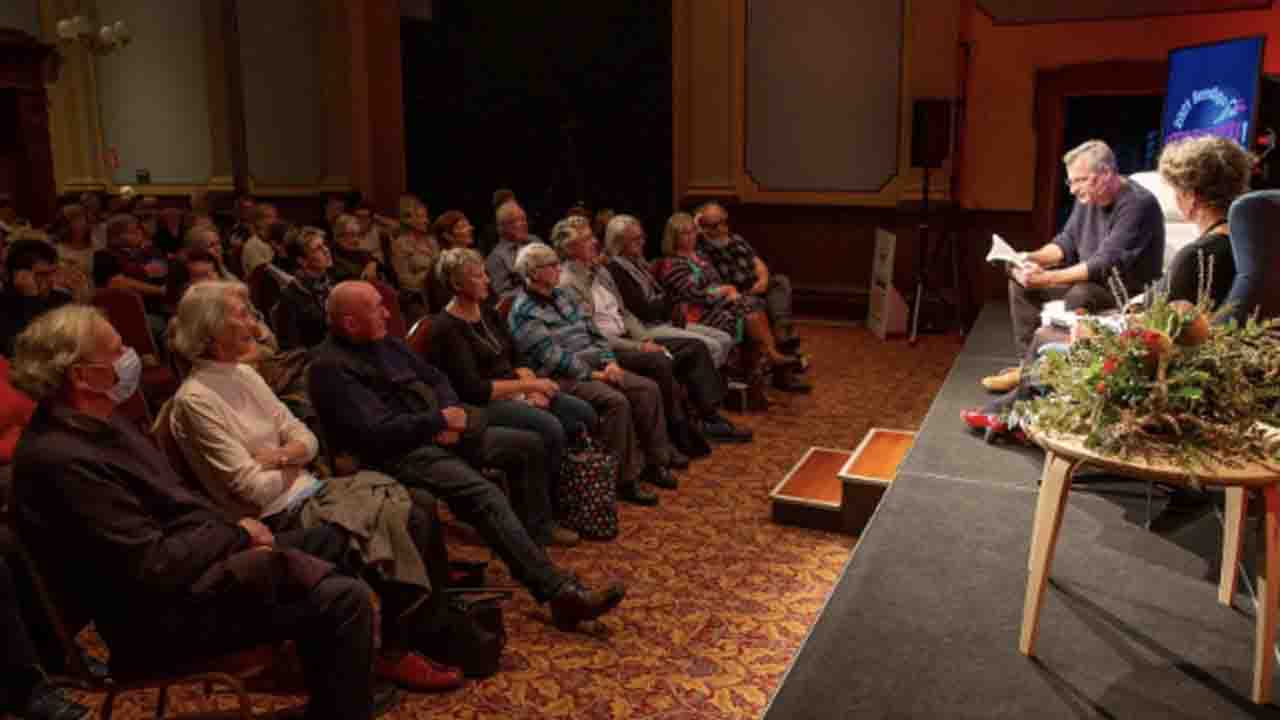
Free Speech Clash Rocks Bendigo Writers’ Festival
Pitchwars – Free Speech Clash has taken center stage at the Bendigo Writers’ Festival in Australia, after more than 30 authors withdrew in protest. The controversy stems from a newly introduced code of conduct by La Trobe University, which oversees the festival. The code requires all participants to engage in “inclusive” and “non-inflammatory” discussion, a move critics argue restricts the essence of literary debate. For many writers, the decision to withdraw was not just symbolic it highlighted their deep concern over. What they see as institutional overreach into the creative and intellectual freedom that festivals are meant to celebrate.
“Global Flint Initiative: Building a Vibrant Future with Immigrant”
The Debate: Safety Versus Censorship
At the heart of the Free Speech Clash lies a question that resonates beyond Australia. Who should draw the line between ensuring respectful dialogue and censoring difficult ideas? Supporters of the new code emphasize the importance of creating a safe environment for audiences and participants. Free from harassment or offensive language. However, dissenting voices argue that such rules inevitably curb honest expression and stifle the diversity of thought. They believe literature thrives when it engages with uncomfortable or provocative subjects, and fear that enforcing “non-inflammatory” standards will dilute the richness of discussion. The walkout has therefore turned into a global talking point about whether safety protocols unintentionally silence the very voices they seek to protect.
Global Implications for Literary Communities
The Free Speech Clash at Bendigo Writers’ Festival is more than a local controversy. It reflects growing tensions within global literary communities. Similar debates have emerged in festivals across Europe, North America, and Asia. Where organizers grapple with balancing inclusivity and freedom of speech. The Bendigo incident underscores the fragile equilibrium cultural institutions must maintain: promoting respectful spaces without undermining intellectual exchange. For now, the withdrawal of prominent writers casts a shadow over the festival’s reputation. But it also sparks an urgent conversation on the future of free expression in literature. As the literary world watches closely, Bendigo has become a symbol of the broader struggle between safeguarding inclusivity and preserving the fearless spirit of writing.